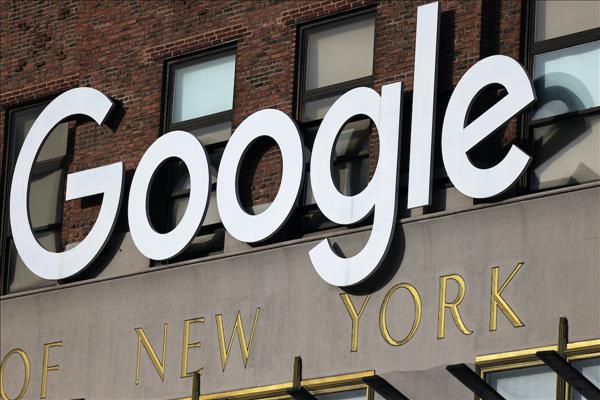(MENAFN- Asia Times) Google is now undergoing the governmental grief reserved for companies deemed monopolies and potential threats to orderly and fair commerce. The US Department of Justice on January 24 sued Google“for monopolizing multiple digital advertising technology products in violation of Sections 1 and 2 of the Sherman Act.”
As I reflected on this development, I reminded myself of previous temporary“monopolies” that arose from technological developments rather than as a result of willful restraint of trade. These market conditions lasted just as long as competition from new technologies eroded the favored market position that had arisen to give a company its dominant position.
Let's recall with reverence the“monopoly” that IBM enjoyed in mainframe computers. Thanks to an early lead in brilliant engineering, IBM's entry to the computer business in the 1950s made its machines the standard of excellence in computing systems. IBM's few competitors sold machines, but the bulk of the market was IBM's at hefty margins.
The saying in the industry was that“no buyer ever got fired for buying an IBM machine,” and competitors trying to match those products just lost money. This lasted until somebody figured out that there was a more effective way to build corporate computing power – client server systems with smaller computers. IBM still makes mainframe computers, but it is a niche market and the dominant technology has long moved away.
Now consider processing semiconductor chips.
There was a time when Intel's chip processors enjoyed a monopoly position in powering major computing systems. This was based on a proprietary architecture, outstanding engineering and manufacturing, as well as software support that made Intel products and operating systems the solution of choice.
Intel became a great company over many years with outstanding profits and growth rates. Then AMD (Advanced Micro Devices) replicated its products without violating any laws, and Intel was no longer marketing monopoly processor chips.
Furthermore, others developed processing chips offering better features for important new applications. And the contract manufacturing leadership taken by TSMC (Taiwan Semiconductor Manufacturing Company) made it possible for competitors to erode further what were“monopoly” product advantages. This leaves Intel as an important company but far from a monopoly, and with much reduced profitability.
Remember when telephone and telegraph services were monopolies? That was true legally as well as under the AT&T (originally the American Telephone and Telegraph Co) corporate umbrella. That was when copper-line communications were the underlying technology. Then came the invention of satellite, high-capacity wireless and fiber-optic communications.
In the 1980s AT&T was broken up by the US government because it was untenable as a monopoly provider. You are hard pressed to name all the companies that provide you with communications services today, as the Internet has obliterated the old technology boundaries.
Now we have new companies perceived as new monopolies: Amazon.com in Internet commerce and Google in Internet search services. Consumer commerce has been revolutionized by the Internet and Amazon.com enjoys a key position as a result of timely execution in the face of intense competition. Amazon also recognized the power of cloud computing before others.
Google dominance in online search and advertising is an outgrowth of an invention by its founders Larry Page and Sergey Brin of a new and better Internet data search capability (a product since 1999). Many others were working on better engines at the time.
The company has since then evolved in many directions, but its core profitability is still centered on its search-engine origins, which have greatly evolved. Google is today one of the best software companies in the world of innovation.
Should we be concerned about“monopolies” that arise from great innovations? Yes, if they are used in a manner that damages society. But my lesson from history is that they just don't last. In a world that allows freedom of innovation and capital for new industries, competition will eventually change the landscape.
Henry Kressel is a technologist, inventor and long-term Warburg Pincus private equity investor. Among his technological achievements is the pioneering of the modern semiconductor laser device that enables modern communications systems.




















Comments
No comment